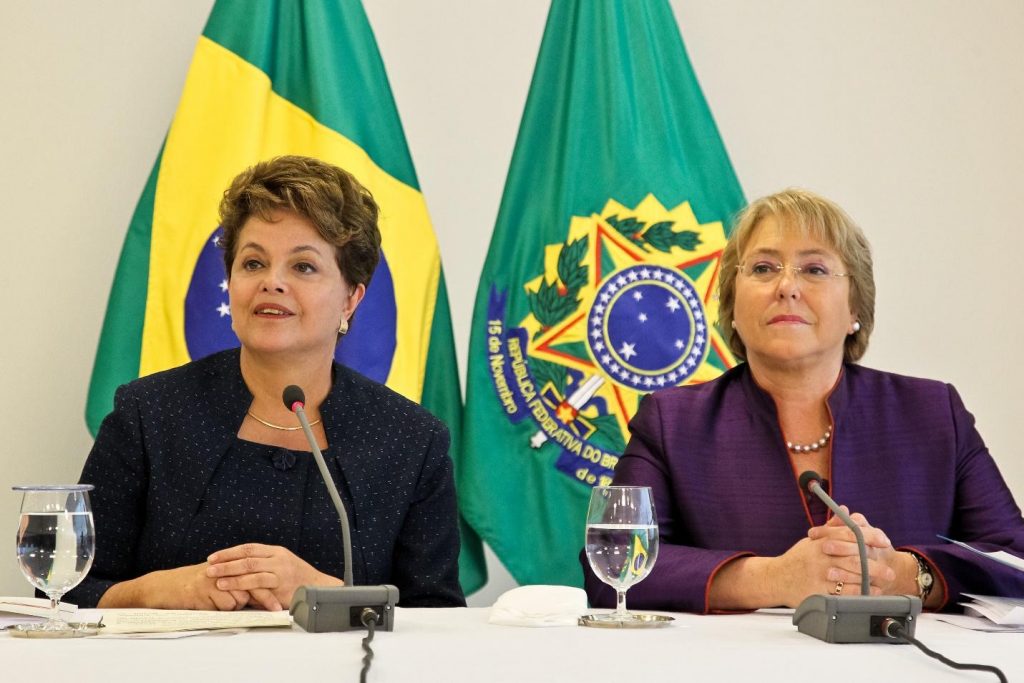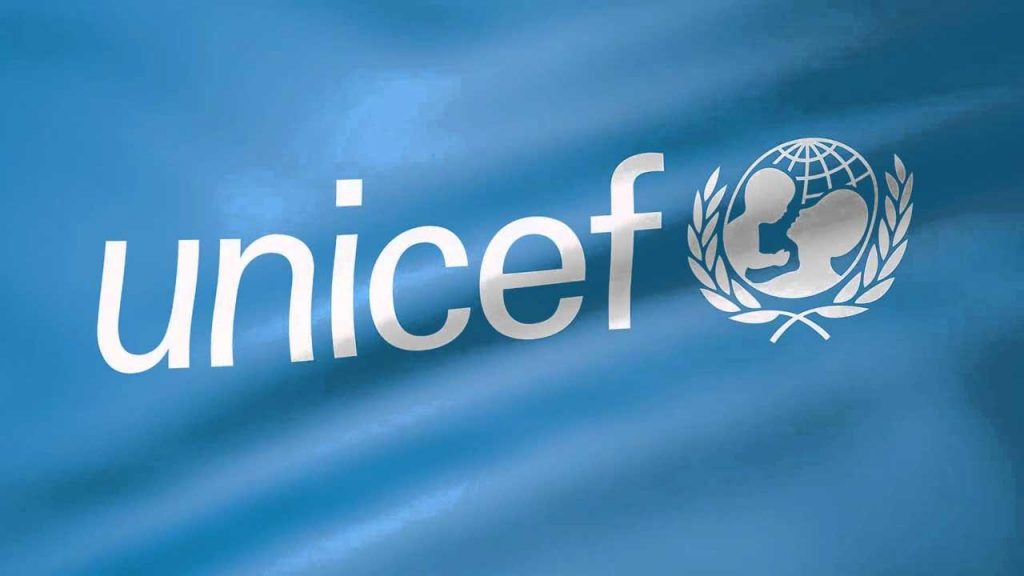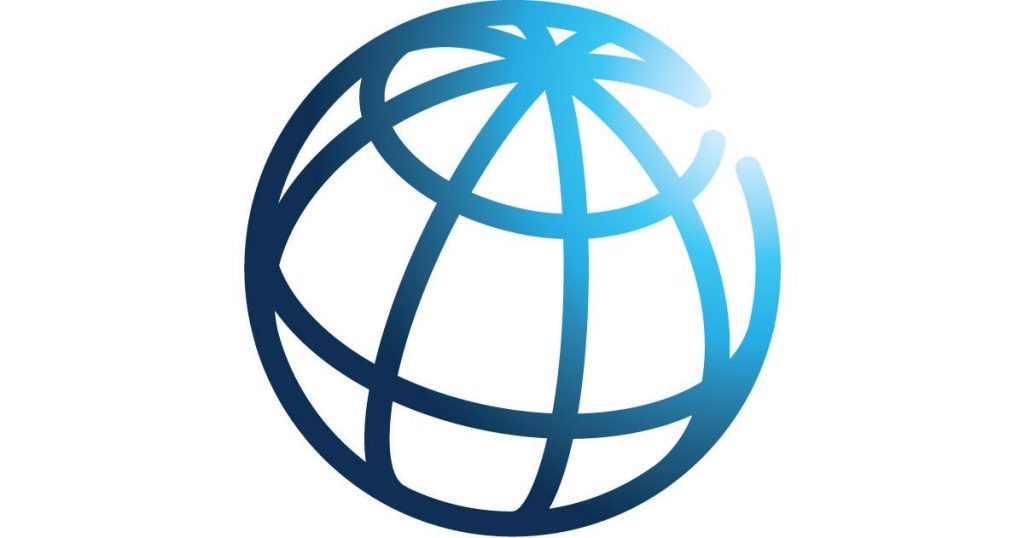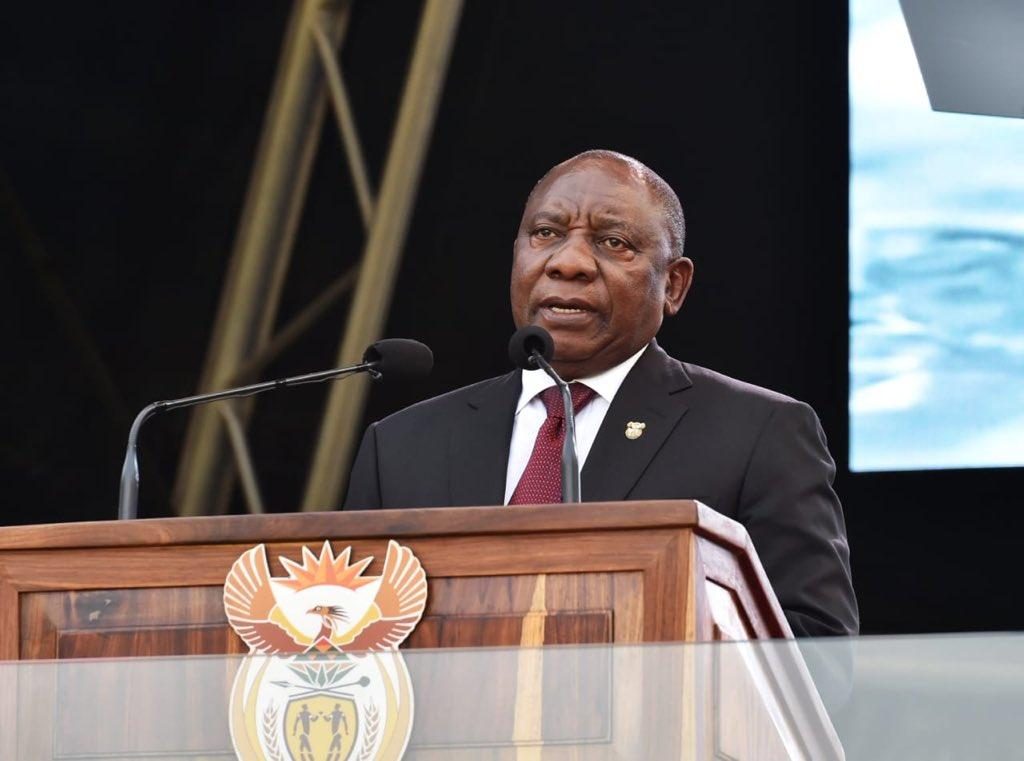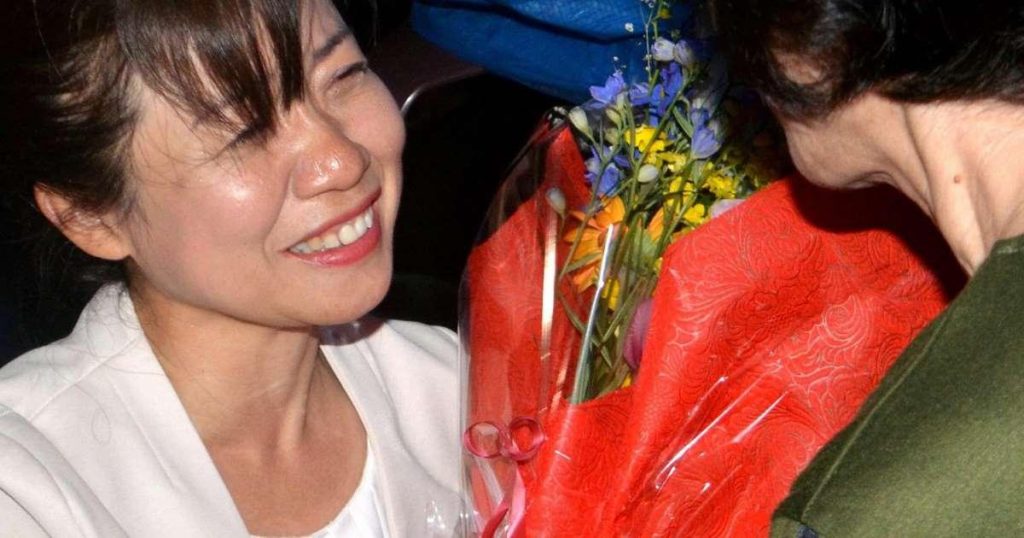Campaigners urge government to ban employers from forcing footwear on female staff A group of Japanese women have submitted a petition to the government to protest against what they say is a de facto requirement for female staff to wear high heels at work. The KuToo campaign – a play on words from the Japanese kutsu, meaning shoes, and kutsuu, meaning pain – was launched by the actor and freelance writer Yumi Ishikawa and quickly won support online. Campaigners said wearing high heels was considered to be near-obligatory when job hunting or working at many Japanese companies. Ishikawa told reporters after meeting labour ministry officials: “Today we submitted a petition calling for the introduction of laws banning employers from forcing women to wear heels as sexual discrimination or harassment.” The actor explained how a government official had told her she “was a woman and sympathetic to our petition … and…
Zambia Government to Address Gender Equality
In pursuit of gender equality in Africa, the president of Zambia, Edgar Lungu has said that his government will set up a Gender and Equity Commission that will address the many challenges facing women including gender inequalities. The President said documents such as the National Gender Policy of 2014 and the Anti-Gender Based Violence Act number 1 of 2011 require further support to yield the required results. He said there is also need for revolutionary thinking in tackling gender inequalities which have continued to overshadow the progress of women. President Lungu said women are still facing a lot of social injustices such as lack of access to finances, fair justice and access to land among other issues. He was speaking when he officiated at this year’s International Women’s Day which is being celebrated under the theme: Think Equal, Build Smart, Innovate for Change. And Gender Minister Elizabeth Phiri has reaffirmed support to…
Latin America’s Female Leaders Seek to Make Up for Setback in Roles
Not long ago, in 2014, Latin America had four female presidents: Laura Chinchilla in Costa Rica, Cristina Fernández de Kirchner in Argentina, Dilma Rousseff in Brazil and Michelle Bachelet in Chile. Today, there are none, and leaders in the region are pushing for more women to secure top leadership positions so that gains in the political arena are not lost. Three female Latin American leaders — Peruvian Vice President Mercedes Aráoz, Honduran Vice President Olga Alvarado and Bogota Councilwoman Angela Garzón — spoke on the issue Friday at Ana. G. Mendez University in Miami. They shared their experiences as women in politics and analyzed advances and setbacks of gender in leadership roles throughout international organizations, and national and local governments. Though there are currently no female heads of state in Latin America, there are several vice presidents and there is an increase of women in parliamentary bodies. “The empowerment of…
UNICEF and UNFPA join hands to support women, girls and children in Venezuela
The United Nations Children’s Fund (UNICEF) and the United Nations Population Fund (UNFPA) today signed a collaboration agreement to strengthen their cooperation in response to the humanitarian needs of children, adolescents, mothers and pregnant women in Venezuela. In the past months, both United Nations agencies have been scaling up their humanitarian aid and development programs in Venezuela. Through this agreement, UNICEF and UNFPA will share information and technical resources in essential areas such as health, nutrition, child protection, water, hygiene and gender-based violence (GBV). Their strengthened collaboration will help meet the needs of children, adolescents and women more effectively. “The situation in Venezuela urgently requires United Nations agencies to increase their cooperation in a coordinated and effective manner,” said Maria Cristina Perceval, UNICEF Regional Director for Latin America and the Caribbean. “This agreement will allow UNICEF and UNFPA to work together to reach more children and pregnant women with coordinated…
World Bank Group, Alternatif Bank Join Forces for Women Entrepreneurs
The International Finance Corporation (IFC), a member of the World Bank Group, and Turkey’s Alternatif Bank inked a cooperation deal to provide $100 million for small and medium-sized enterprises (SMEs) particularly those run by women. The 5-year maturity financing comprises $80 million from IFC’s own account and $20 million from the Managed Co-Lending Portfolio Program (MCPP), funded by the Hong Kong Monetary Authority, with IFC acting in its capacity as the implementing entity. At least 25 percent of the loan proceeds will be used to support Alternatif Bank’s lending to women owned or managed SMEs (WSMEs). Alternatif Bank CEO Kaan Gür said: “We believe that the entrepreneurial spirit, perseverance and assiduity of women have an important place in the development of the Turkish economy. We hope that this loan will contribute to supporting women entrepreneurs, creating more jobs, facilitating new opportunities and financing more SMEs.” Access to finance is one…
South Africa Slashes Cabinet Size, Appoints 50% Women
South African President Cyril Ramaphosa on Wednesday cut the number of cabinet ministers from 36 to 28, in a move he said would tackle the country’s “bloated” government and improve efficiency. “The people who I am appointing to day must realise that the expectations of the South African people have never been greater and that they will shoulder a great responsibility,” Ramaphosa said in a national address that stressed the need for an “ethical” government. President Cyril Ramaphosa’s announcement followed similar moves by Ethiopia and Rwanda last year. Gender diversity Half the new ministers are women, making South Africa one of the world’s few gender-balanced governments. Ramaphosa announced the new line-up after he led the ruling African National Congress (ANC) party to victory in elections earlier this month. He took office last year after the ousting of graft-tainted Jacob Zuma, who had expanded the number of ministerial posts in an alleged attempt to strengthen…
Japanese City Gets Its First Ever Female Politician
Misuzu Ikeda becomes first assembly woman in Tarumizu as record numbers of women elected nationwide. Misuzu Ikeda has struck a rare blow for Japanese women in politics by becoming the first female candidate to be elected to the local assembly in the southern city of Tarumizu. Ikeda hugged supporters on Sunday night when she finished third out of 17 candidates for the 14-seat assembly in Tarumizu, which is officially recognised as a city despite its relatively small population of 15,000. Noting that she was the first assemblywoman in the city’s 61-year history, the former tax office employee promised to work towards a society “where residents feel cared about”, according to the Asahi Shimbun newspaper. The election also marked the first time a female candidate had stood for a Tarumizu seat for 20 years, and the first time two women had run for the legislature. The other candidate, Rieko Takahashi, did not win…



